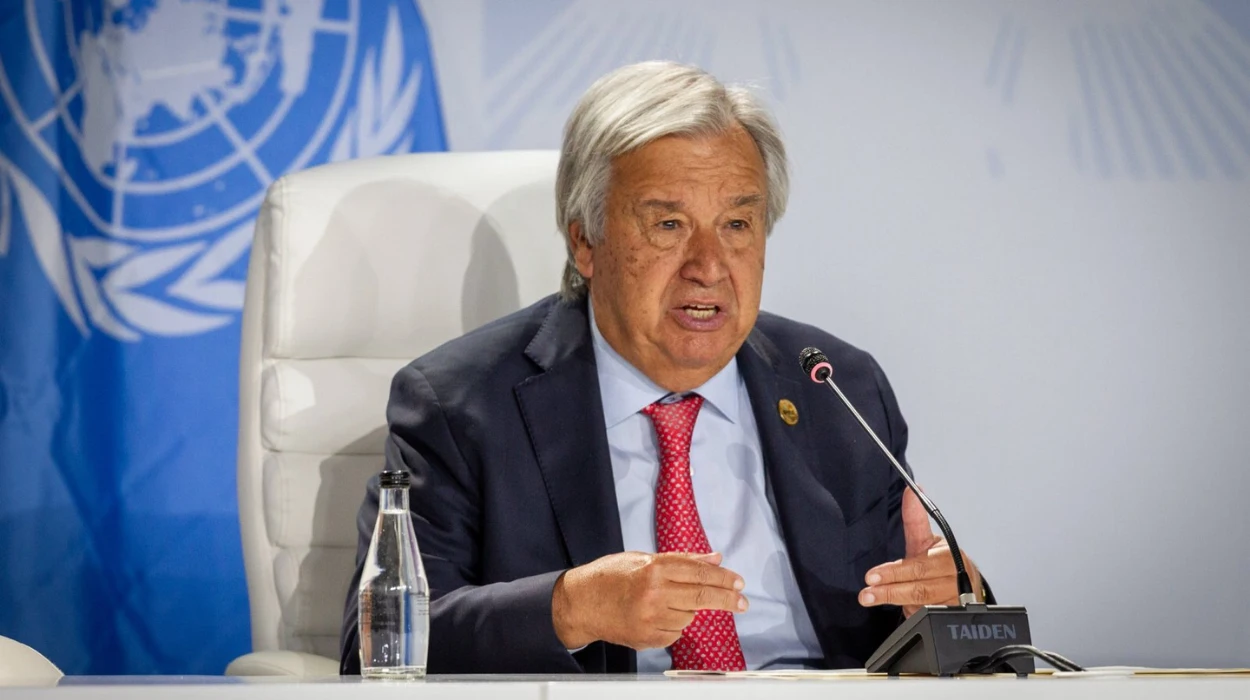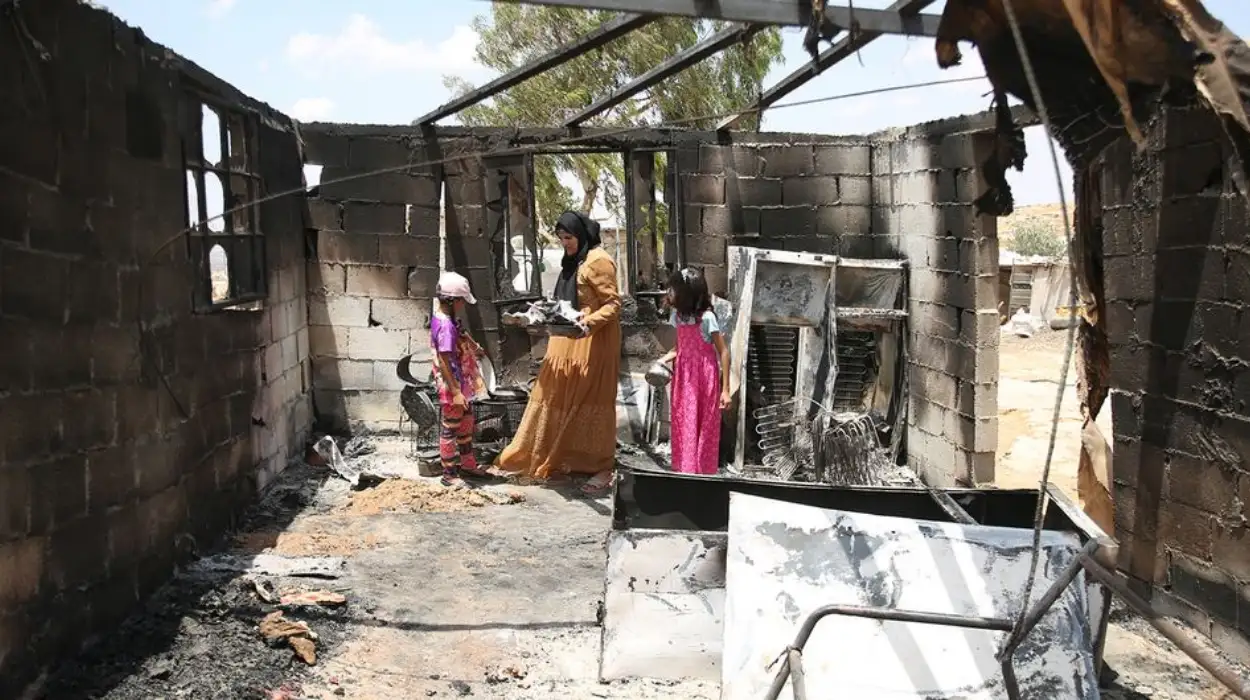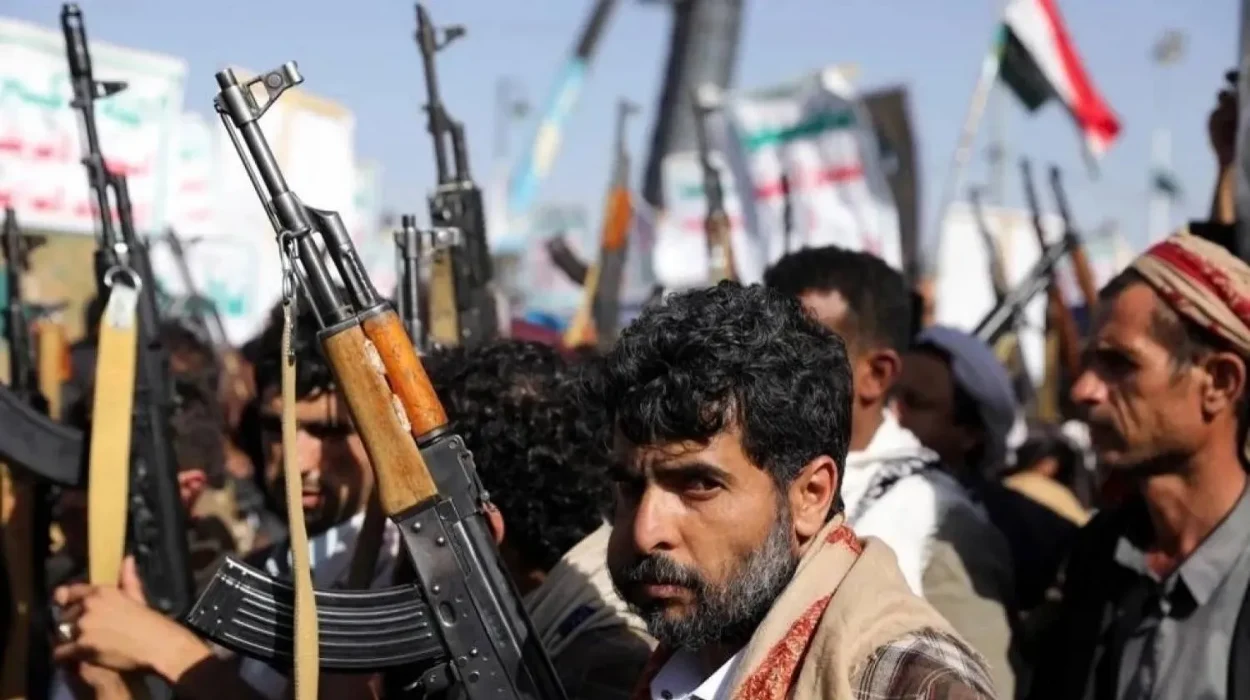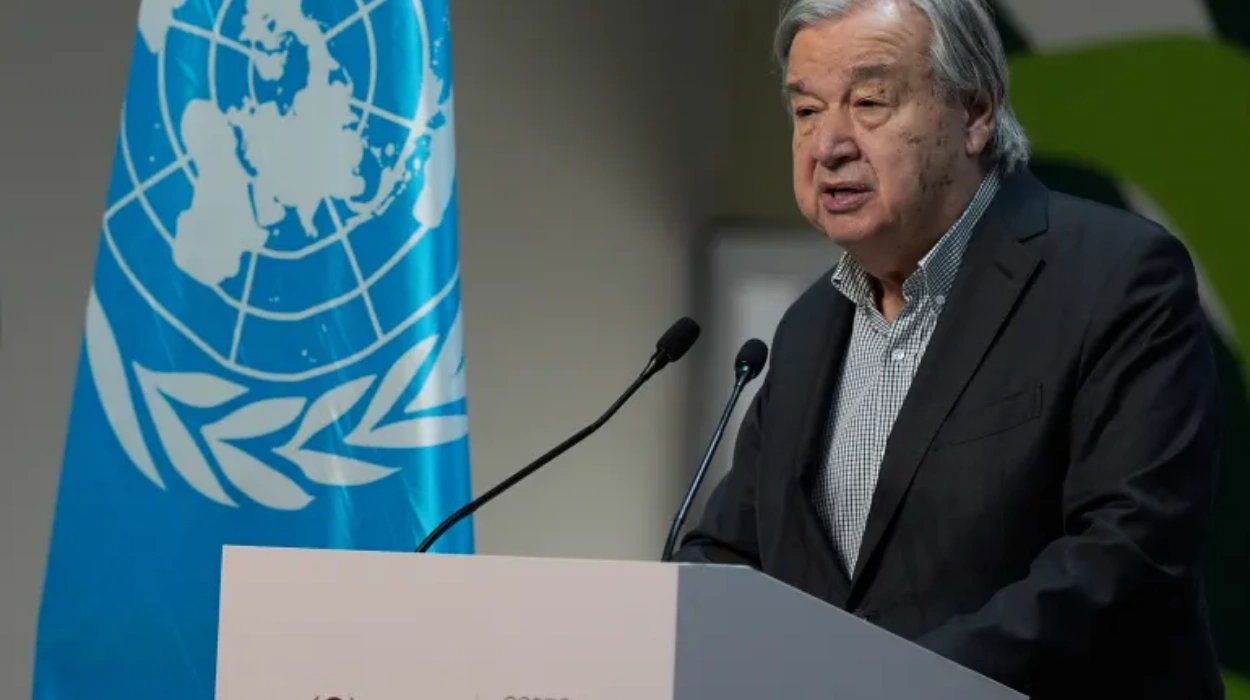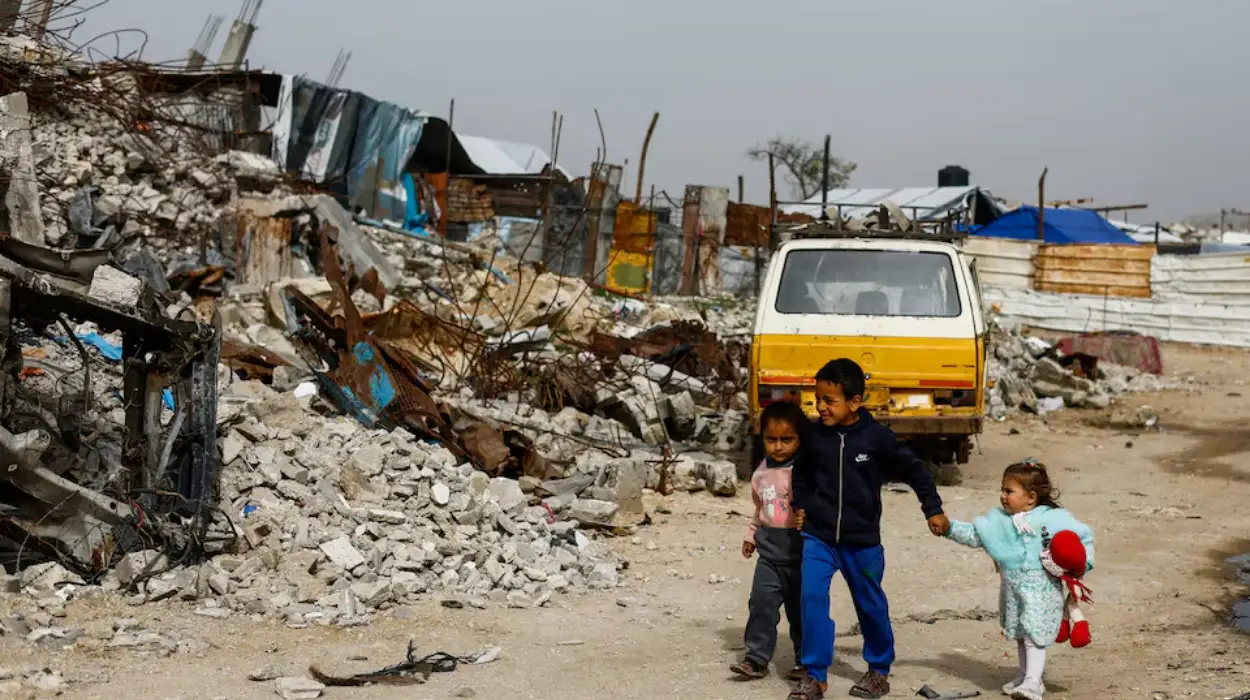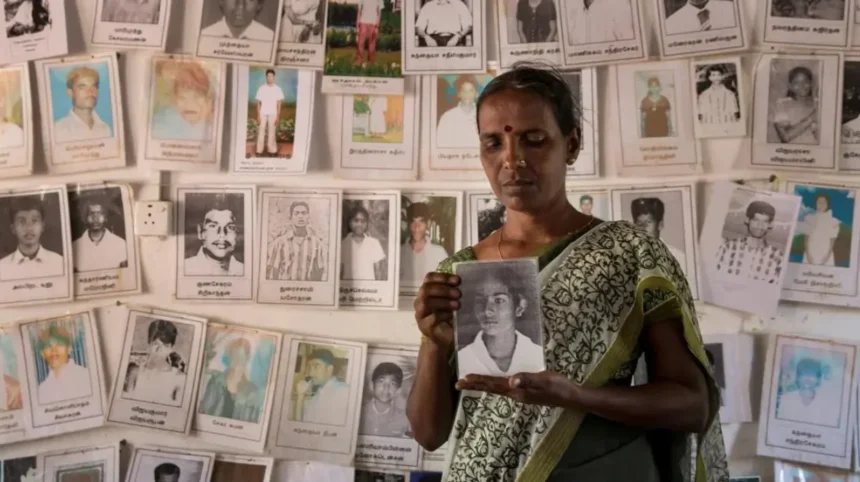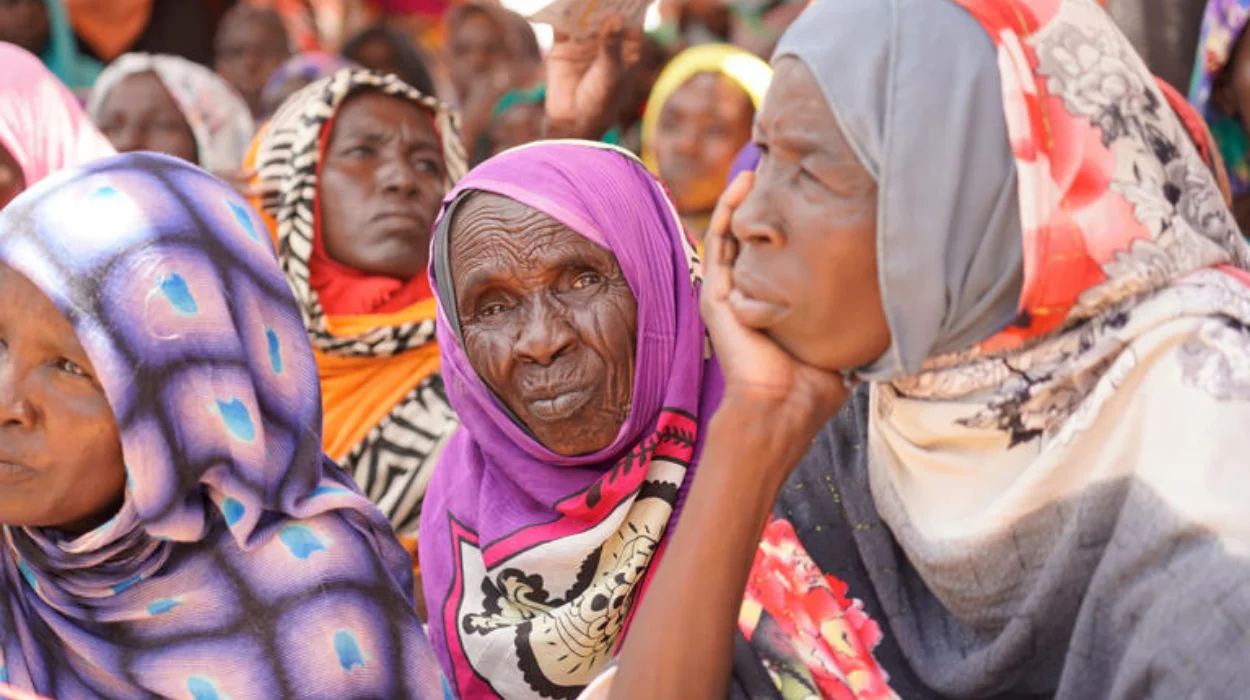Fifteen years since the end of Sri Lanka’s civil war in 2009, unresolved human rights abuses continue to define the country’s post-conflict landscape. The decades-long war between the Sri Lankan government and Liberation Tigers of Tamil Eelam (LTTE) has resulted in a legacy of forced disappearances and killings of civilians, as well as systematic violations which is yet to be overcome.
According to the 2025 report of the UN Human Rights Office, there are continued cases of violation such as use of arbitrary imprisonment and torture by the government agencies. The Prevention of Terrorism Act (PTA) is a remnant of wartime laws found in Sri Lanka today that allows prolonged detention without trial, and continues to be excessively utilized against the Tamil and Muslim minorities. The act has not been repealed and underwent only minor changes even though the government gave assurances that it would no longer be in place.
Unresolved Disappearances And Continued Repression
According to the estimates of the civil society 60,000 to 100,000 persons are still unaccounted for. The discovery of mass graves in the Northern and Eastern Provinces in recent years has further intensified the demand of the population to know the truth and get justice. However, as the family tries to find answers they tend to be followed, threatened, and harassed by investigative agencies like the Terrorism Investigation Division (TID) and Criminal Investigation Department (CID), which would worsen the climate of fear.
The lack of credible investigation of such cases by the government, or prosecution of problems responsible, ensures a continuous loss of trust in the weaknesses of the state actors, as well as the continuing mistrust making conciliation at the local level all the more elusive.
Fragmented Institutions And Victim Disillusionment
The transitional justice architecture of Sri Lanka is not integrated. The Office on Missing Persons, the Office for Reparations and the proposed Commission on Truth, Unity and Reconciliation have no clear mandate or much independence and exist in a bubble. The fact that such commissions of inquiry are recurrent and sometimes ineffective due to the lack of an implementation system has created what the victims have dubbed as commission fatigue- the feeling that nothing will come out of it.
Coordination inefficiency among the agencies has made the larger justice initiative fruitless. This is because in most instances, what the victims say is merely recycled without gaining much ground thereby adding to the emotional trauma as well as destroying trust in the process.
Erosion Of Legal Reform Commitments
Foundational law reform has been lagging even though President Anura Kumara Dissanayake has promised political transformation. The PTA is still operative and proposals have been criticised by legal experts to copy much of the repressive aspects of the PTA in a proposed new Counter Terrorism Bill announced mid-2025. It does not do enough to protect detainees rights and it does not institute judicial control.
At the same time, the appropriation of land to accommodate Buddhist heritage sites has been ongoing against the Tamil and Muslim communities and stands in opposition to the policy of reconciliation and the respecting of minority rights.
Political Resistance And Regional Dynamics
Each government that took power after the other to succeed one another has taken the transitional justice as an instrument of international diplomacy and not a national priority. Interaction with the human rights mechanisms project a show because they seem to be used to avoid external criticism of those in charge of abuses instead of addressing abuses internally. The existing administration has promoted the efforts of reconciliation in the public sphere but issued contradictory statements by either preventing the measures of reconciliation through political negligence or compliant application.
The discourse remains majoritarian in terms of ethnicity and does not encourage a wider truth seeking, as well as attempts to punish any system that may be seen as harmful to the existing Sinhala-Buddhist dominance.
International Advocacy And Limited Leverage
Global organizations like the UN Human Rights Council persist in bringing pressure to bear on this issue of accountability and change. In June 2025, High Commissioner Volker Türk outlined the situation in Sri Lanka as a historic opportunity that will allow tearing down the wall of impunity and restoring justice and stated that the improvements would depend on the constant political goodwill and openness.
This has been repeated by various human rights institutions such as Amnesty International and the Human Rights Watch who have raised concerns over the client between rhetoric and reality in government policy. Sri Lanka landmarks however come in the way of leverage because it geo politically balances India, China and western donor interests and as such its diplomatic policy priorities usually take precedence over any human rights demands.
Pathways Toward Effective Transitional Justice
Such experts as Dr. Niki Siampakou suggest the comprehensive approach based on the principle of truth-telling, prosecution of criminals, the reform of the institutions, and reparations. The existing ad hoc model also threatens to do exactly that unless it is phased out in favor of a single, autonomous system that takes into account the interests and concerns of the victims, not to mention that it also admits to past misdoings.
To rebuild some confidence in the justice process, it would suffice to suspend the planned new Commission on Truth, Unity and Reconciliation that lacks popular legitimacy and instead, implement sufficiently the earlier recommendations. A sense of openness, transparency in appointments, operations and decision-making is an essential condition.
Strengthening Victim-Centered Approaches
Security should put an emphasis on hearing the voices of the survivors, particularly those of the marginalized and war affected groups. The involvement of the victims should not just be symbolic consultation but has to be inclusive to the development of the mechanisms in designing and monitoring. Reparations programs that are currently being implemented are a first step although they are not well funded, not psychologically reinforced, and not framed within the long-term development.
Rebuilding of trust should focus on crimes that occurred in the times of the war as well as those that occur currently. This involves the limitation of monitoring human rights activists, securing the freedom of speech and the due process of the law.
Reflections From Rights Advocates And Community Leaders
Human rights advocate Meenakshi Ganguly of Human Rights Watch recently stressed that “Sri Lanka continues to fail in its obligation to protect all its citizens,” warning that without decisive reforms, the country risks deepening ethnic divisions and institutional decay.
Civil society voices echo this concern, noting that the current environment is not conducive to open dialogue or accountability. Many local groups working with war-affected communities face increased state scrutiny, and in some areas, community reconciliation initiatives have stalled due to political interference or funding restrictions.
A justice advocate recently captured the mood on social media, remarking,
“True reconciliation requires confronting painful truths, not bypassing them. Sri Lanka owes it to its victims to break this cycle at last.”
This perspective resonates across human rights platforms, underscoring the urgent need for honest reflection and institutional courage.
Confronting The Past To Secure The Future
The current human rights abuse in Sri Lanka is not only a legacy of its civil war but a deep rooted structure that continues to occur even though there have been intentions of transformation. Transitional justice, taken in good faith, could serve a reconciliation and national integration route. But it is a course that cannot be taken through symbolic actions or puffery at the global stage. It entails national responsibility, reformation of the laws, participatory action and reconstruction of national identity based on pluralism and fairness.
What Sri Lanka will be able to do in the months to come, will depend on what decisions these months bring forward: towards overcoming the history of impunity or a future stuck in the denial and repression to which Sri Lankans have been accustomed. The international community, civil society, and affected communities are watching—and their engagement will be essential in shaping the country’s post-conflict future.


